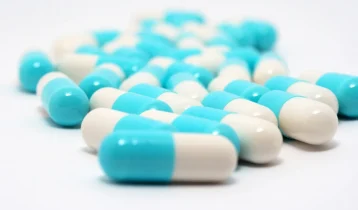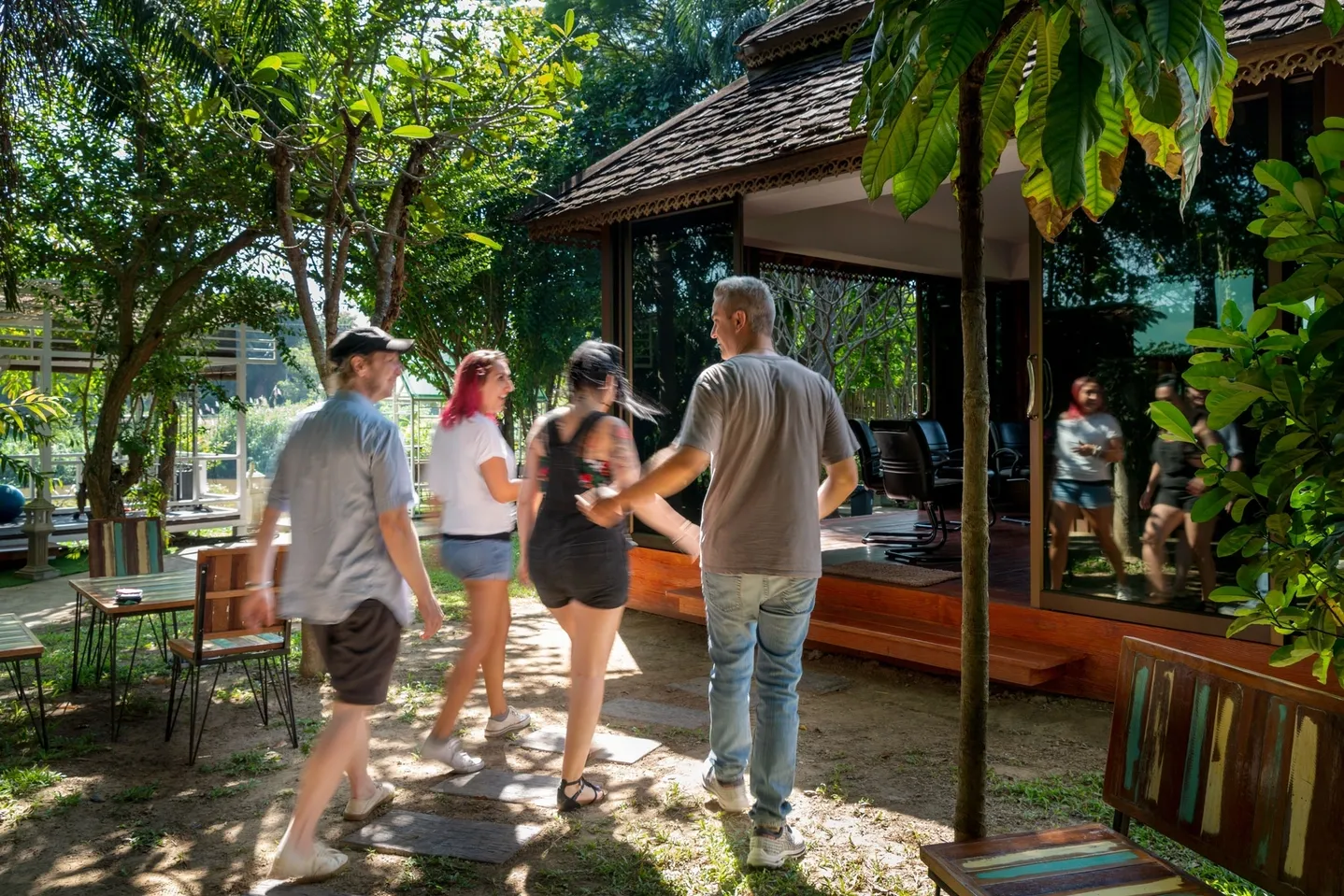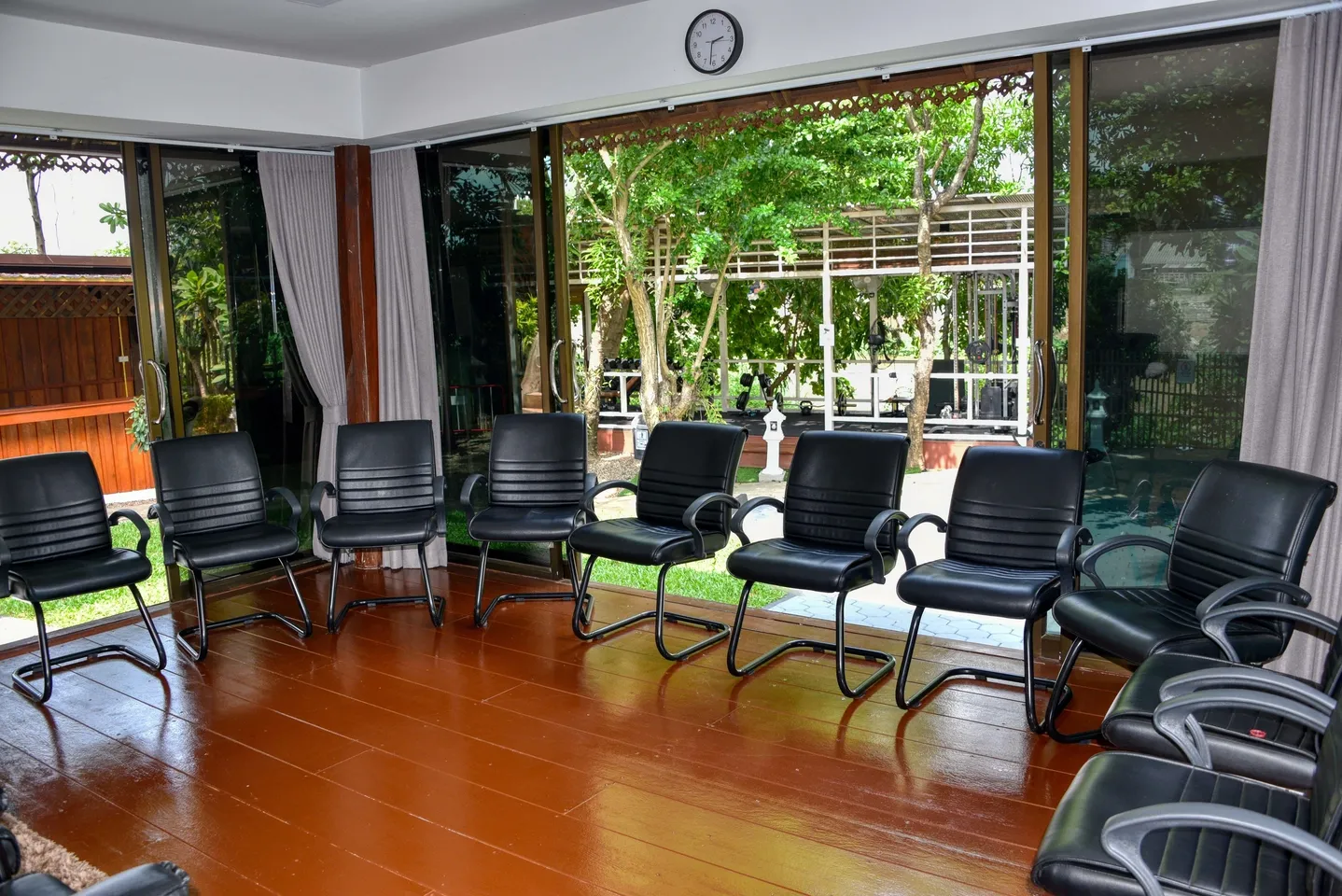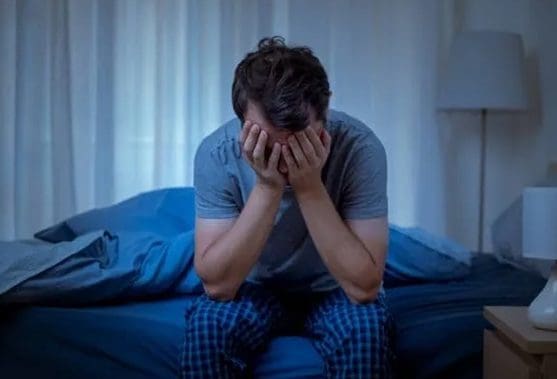Understanding Self-Medication for Depression
Depression is a pervasive mental health disorder affecting millions of individuals worldwide. The symptoms of depression often include persistent sadness, loss of interest in activities, feelings of worthlessness, changes in appetite or sleep patterns, and even thoughts of self-harm or suicide. Seeking appropriate treatment and support is crucial for managing depression, but some individuals resort to self-medication as a coping mechanism. In this article, we will explore the reasons behind self-medication for depression and discuss how an inpatient rehab facility like Jintara Rehab can offer a structured and effective approach towards overcoming depression.


Self-Medication for Depression
Self-medication involves using substances or activities to alleviate emotional or psychological distress without professional guidance. People suffering from depression might turn to self-medication due to various reasons:
- Immediate Relief: Depression often comes with intense emotional pain and distress. Individuals seek quick relief, and substances like drugs or alcohol can provide a temporary escape from these overwhelming feelings.
- Avoidance of Professional Help: Stigma, fear of judgment, or financial constraints might deter individuals from seeking professional help for their depression. Self-medication can seem like a more accessible and discreet option.
- Lack of Awareness: Some individuals may not fully comprehend the severity of their depression or the availability of appropriate treatments. They may resort to self-medication as they lack knowledge about the potential harm it can cause.
- Coping Mechanism: Self-medication can be a way for individuals to cope with their emotions, anxiety, or stress. However, this coping mechanism is often unhealthy and counterproductive in the long run.
- Perceived Control: Depression can make individuals feel helpless and out of control. Self-medicating offers a sense of control over their emotions, even if it’s a false sense of control.
The Role of Inpatient Rehab: Jintara Rehab
Inpatient rehabilitation centers play a vital role in helping individuals overcome depression and break free from the cycle of self-medication. Jintara Rehab is one such facility that provides comprehensive and structured care for those struggling with mental health issues like depression.
- Professional Guidance and Monitoring: In an inpatient rehab like Jintara, individuals receive specialized care from mental health professionals. They are closely monitored, ensuring a safe and supportive environment conducive to recovery.
- Holistic Treatment Approach: Jintara Rehab offers a holistic approach to treating depression, addressing physical, emotional, and psychological aspects of the individual. This might involve therapy, counseling, physical activities, and nutritional support.
- Detoxification and Withdrawal Management: Many individuals self-medicate using substances like drugs or alcohol. Inpatient rehab facilities can provide medical supervision during detoxification, managing withdrawal symptoms and ensuring a safe process.
- Structured Routine: Inpatient rehab facilities have structured daily routines that instill discipline and stability in the lives of the residents. This can be particularly beneficial for individuals with depression who may struggle with maintaining a routine on their own.
- Peer Support and Community: Being surrounded by individuals facing similar challenges fosters a sense of community and understanding. Sharing experiences and receiving support from peers can be a crucial aspect of the healing process.
- Long-Term Planning and Aftercare: Jintara Rehab helps individuals develop long-term coping strategies and provides guidance for transitioning back into their daily lives after the rehabilitation period. This aftercare plan is essential for maintaining progress and preventing relapse.

Conclusion
Self-medication for depression is often a response to the immediate need for relief, lack of awareness, or avoidance of professional help. However, it is an ineffective and potentially harmful coping mechanism. Inpatient rehabilitation centers like Jintara Rehab offer a structured, holistic, and supportive approach to help individuals overcome depression, providing the necessary tools for long-term recovery and mental well-being. Seeking professional help and choosing the right treatment path can make a significant difference in the journey towards managing depression effectively.
Why Jintara may be the right Inpatient Rehab for you

Jintara Rehab is a specialized boutique rehab that accepts a maximum of only 10 private clients all over the age of 30-years old, every client having their own 70 square meter apartment with beautiful resort-like facilities and the highest staff ratio of any rehab in Thailand. Jintara is fully licensed by the the Thailand Ministry of Public Health and offers programs from 1-month to 3-months.
If you or someone you care about is considering treatment for substance abuse, we can help. Contact us on info@lannarehab.com or phone/WhatsApp us on +66-094-095-4142.

Author: Darren G Lockie
Founder and CEO of Lanna Healthcare.
Share this post:
Recent Posts









